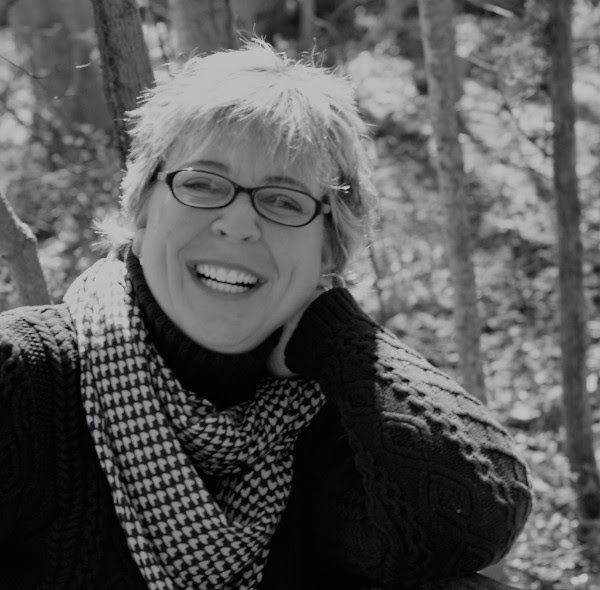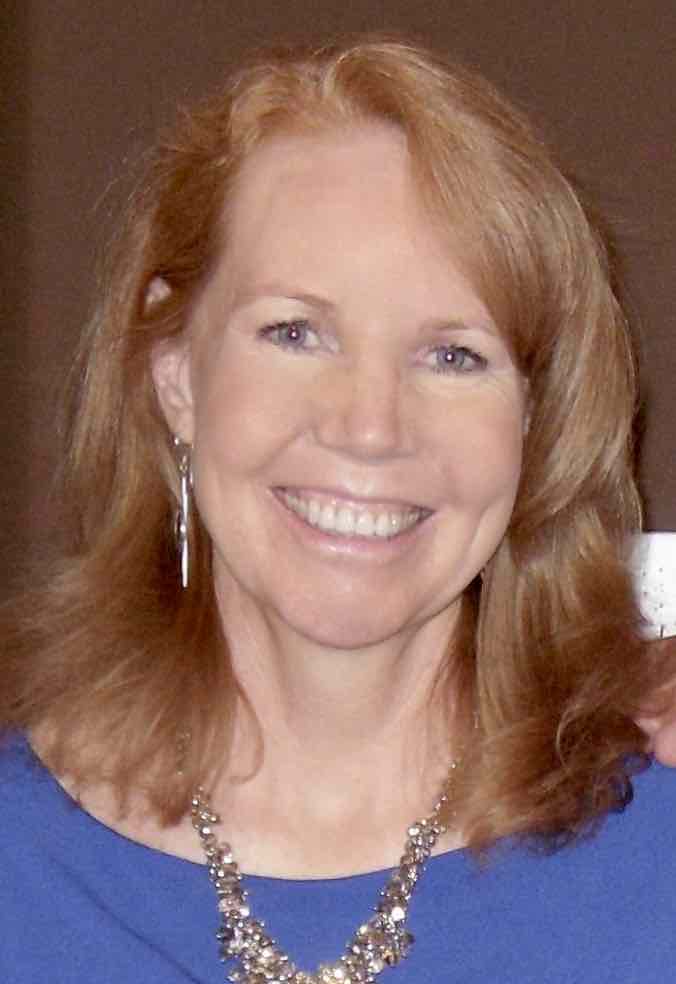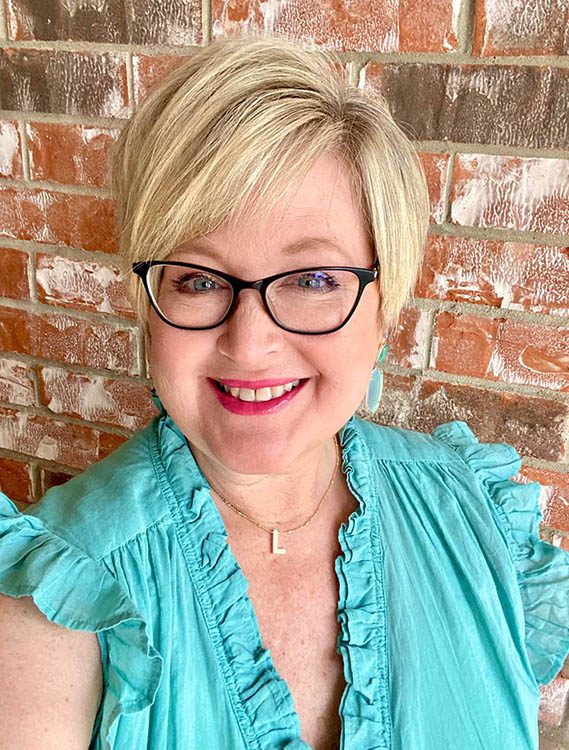Rich or Famous?
A conversation
It was a story I heard more than once. Different people told the story often making a slightly different point. Some told it to make the Great Gatsby point, “Let me tell you about the very rich. They are different from you and me.”
Some told the story as real success advice –“listen carefully and follow this”; some told it to show differences between people. Some were in the room for the conversation; some had heard it so many times that they repeated it as if they were there.
I wasn’t there. I am not sure of the setting. Was it New York or California? Was it late at night sipping whiskey in a hotel bar? Was it over an expensive dinner? Was the conversation in the morning in an office, in response to a pitch, asking someone for business or an investment? I don’t know. At least two of the participants have passed on and I’m not sure that I want to bring it up with one I know.
Sometime in the early 1970s, two men named George were in a small group of people who knew each other. One George, George 1, owned radio and TV stations and was quite wealthy. The other George, George 2, was a professor, an entrepreneur, and a consultant to a third man in the group, a friend and business partner of George 1.
There was a lull in the conversation and George 1 spoke to George 2.
“George, Let me ask you a question. Do you want to be rich or do you want to be famous?”
The question seemed to stop all conversation in the group. George 1 continued.
“Because these are different goals and you go about achieving them differently. If you want to be rich you acquire something that is undervalued and sell it for full value. You invent something that people need and don’t know they need. You run this business till you can hire someone else to run it and then you acquire or invent something else.
If you want to be famous, you have to get people’s attention. Then you have to get more peoples’ attention, and more, and more. And people are fickle; they either want all of you all the time or they lose interest. So you have to do more. You can’t have hire someone else to run your fame -it’s YOU.
You seem to be pursuing fame. Your classes, your books, your consulting are all heavily dependent on your time.
And don’t talk to me about being rich and famous because that is an order of magnitude more difficult.
Being rich and being famous are in conflict. If you are rich you don’t want people to know who you are because it raises the price you have to pay and you can’t make as much. If you are famous, you spend so much maintaining your fame that it limits how much you can make.”
At this point the storyteller makes the point that George 2 was stunned silent. I met George 1 only once, but George 2 told how the insight stopped him cold.
These men had different careers and they each earned Money in their own way, but the I wonder how much we all conflate wealth and fame.
Sure Bill Gates, Elon Musk, and Jeff Bezos are both rich and famous, but Reinhold Würth runs a screw business and Jorge Paolo Lemann hold controlling stakes in H.J. Heinz and Anheuser Busch Inbev.
Andy Warhol’s 15 minutes
“In the future everyone will be world famous for fifteen minutes.”
It turns out that Andy Warhol never actually said this, but he did use his art to explore brand and he created his own brand in doing that. The Campbell’s Soup and Kellogg’s Corn Flakes paintings and prints, the Brillo box sculpture above showed the connection between art, image and meaning.
Whether the actual quote was said by curator Pontus Hultén, painter Larry Rivers or photographer Nat Finkelstein, is immaterial. The point stands. Celebrity may be available to everyone, but it is fleeting.
Was Warhol rich? Not Bezos-rich, but by artist standards, having a net worth of two hundred and twenty million in 1987 wasn’t too shabby.
Fame-on-the 2×4 inch screen
“MrBeast has 170 million subscribers,” explained my ten year-old granddaughter. “He can give away houses and cars because of the number of impressions he gets. See this post it has 34 million impressions and it has only been up for a week and a half. Sponsors are willing to pay a lot for that many eyeballs.”
This only one of several social media lectures I’ve received from this kid and I’m not complaining – I learn stuff.. Her father is the Director of the Center on Global Brand Leadership at Columbia.
I grew up before virality was a word and I’ve been a late adopter all my life, so don’t be fooled by the fact that I have a blog website and an author website. I’m still trying to figure this all out.
MrBeast and Kim Kardashian aside, is the average “influencer” rich? I suppose it depends on how many followers you have and how much your content attracts a specific target audience that sponsors want to reach.
I remember being shocked when I learned that radio and television weren’t art; they were audience-delivery mechanisms for advertising. “Well, duh,” my granddaughter would say accompanied by a well-perfected eyeroll. So if you target the right demographic, and produce “evergreen” content (not tied to current events so the recorded content can be watched forever) then you can get rich while getting famous. It is still, as George 1 said, an order of magnitude more difficult.
Rich, Famous, or Happy?
Realistic life and career planning is a life skill I’m not sure I ever had. I chased different careers, actor, agent, consultant, just taking jobs as they arrived or as I thought about them. I never thought about whether I wanted to be rich or famous.; I just wanted work and a life which made me happy. I accomplished that goal and made enough to live comfortably.
People whom I would describe as uber-successful are more focused than I was. Perhaps they had a clear-eyed vision of what they wanted to do. Steven Spielberg sneaked onto the Universal Studios lot in his late teens, setting up in an empty bungalow office until he could show off his movies and get a chance.
Some align themselves with a partner like the Steves – Jobs and Wozniak or Bill Gates and Paul Allen, but all are single minded.
I have known some famous people, authors and activists, comedians and politicians. Some are even rich and famous. Mostly these people are single minded too, but not singularly focused on becoming famous. They were focused on their art or their cause. The fame opened doors, but it wasn’t the focus.
Probably though, people who succeeded, including me, had some idea of what they wanted to do, and where they wanted to end up. Perhaps they were rigorous in self-evaluation and determined their strengths and weaknesses and whose help they might need. Some like me didn’t start out there, but adapted and evolved along the way.
Knowing your goals, knowing yourself, and what makes you happy is a tremendous advantage in life. It may come down to “Do you want to be rich or do you want to be famous?” But maybe not.
What makes you happy?
In your golden years, what do you want to be grateful for?
The post Rich or Famous? appeared first on Wisdom from Unusual Places.
Originally Published on https://wisdomfromunusualplaces.com/blog/


























